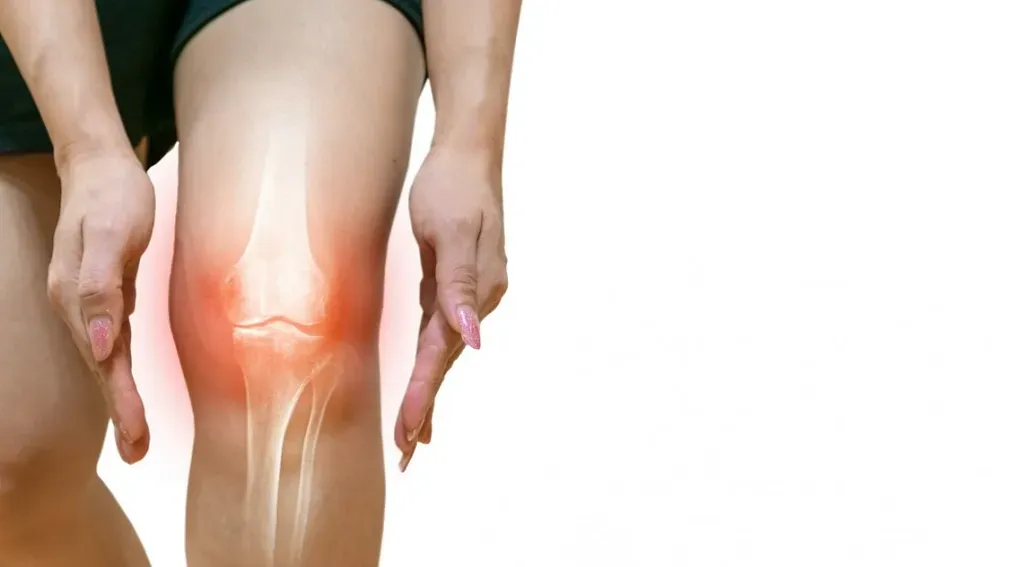Chronic joint pain is common and often debilitating. Thankfully, it’s also treatable. Learn how to minimize your symptoms for a fuller life.
Nearly everyone experiences joint pain at some point. And for over 25% of adults in the United States, such pain becomes chronic.
If you’ve experienced frequent or recurrent joint pain for at least three months, you meet the criteria for chronic pain. Thankfully, much can be done to bring you worthy relief.
Our experts at Physicians Group, with over 20 locations throughout Florida and Minnesota, are pleased to diagnose and effectively treat joint pain. We offer a range of minimally-invasive treatments to help you avoid surgery.
Take a few minutes to learn more about this common problem, including ways we can help.
Chronic joint pain causes
Ongoing joint pain can stem from various factors, from medical conditions to the residual effects of an injury. One of the most common causes, however, is osteoarthritis. When you have this “wear and tear” type of arthritis, the cartilage that cushions your joints has worn away, making way for stiffness, inflammation, and pain.
Other causes of chronic joint pain include rheumatoid arthritis, tendinitis, bursitis, gout, and viral infections.
How to manage your chronic joint pain
Treatment for chronic joint pain depends on the underlying cause and severity, as well as your age and overall health.
After a comprehensive exam and any needed imaging tests, our team may recommend the following:
- Chiropractic care
- Epidural steroid injections
- Facet joint injections
- Interventional spine therapeutics
- Musculoskeletal ultrasound therapy
- Peripheral joint injections
- Physical therapy
- Radiofrequency neurolysis
- Spasticity management
- Trigger point injections
You may benefit from one or a combination of these minimally-invasive treatments. If your symptoms carry on regardless, we may recommend surgery.
Making the most of your joint pain treatment
In addition to any needed medical treatment for your chronic joint pain, healthy lifestyle changes can help keep your symptoms to a minimum. Our team may recommend low-impact and strength-training exercises, for example, and an anti-inflammatory diet. Such a diet emphasizes foods, such as vegetables, fruits, whole grains, fish, and nuts, that fight free radicals.
You should also aim to manage stress and prioritize healthy sleep habits, such as maintaining routine sleeping and waking times. Meanwhile, adapting activities that add strain to your joints — like switching from manual electric appliances — may help.
And any time your joint pain flares up, be sure to reach out to our team so we can support you by adjusting your treatment plan if needed.
To learn more about chronic joint pain or to get started with treatment, call one of our offices or book an appointment through our website today.




